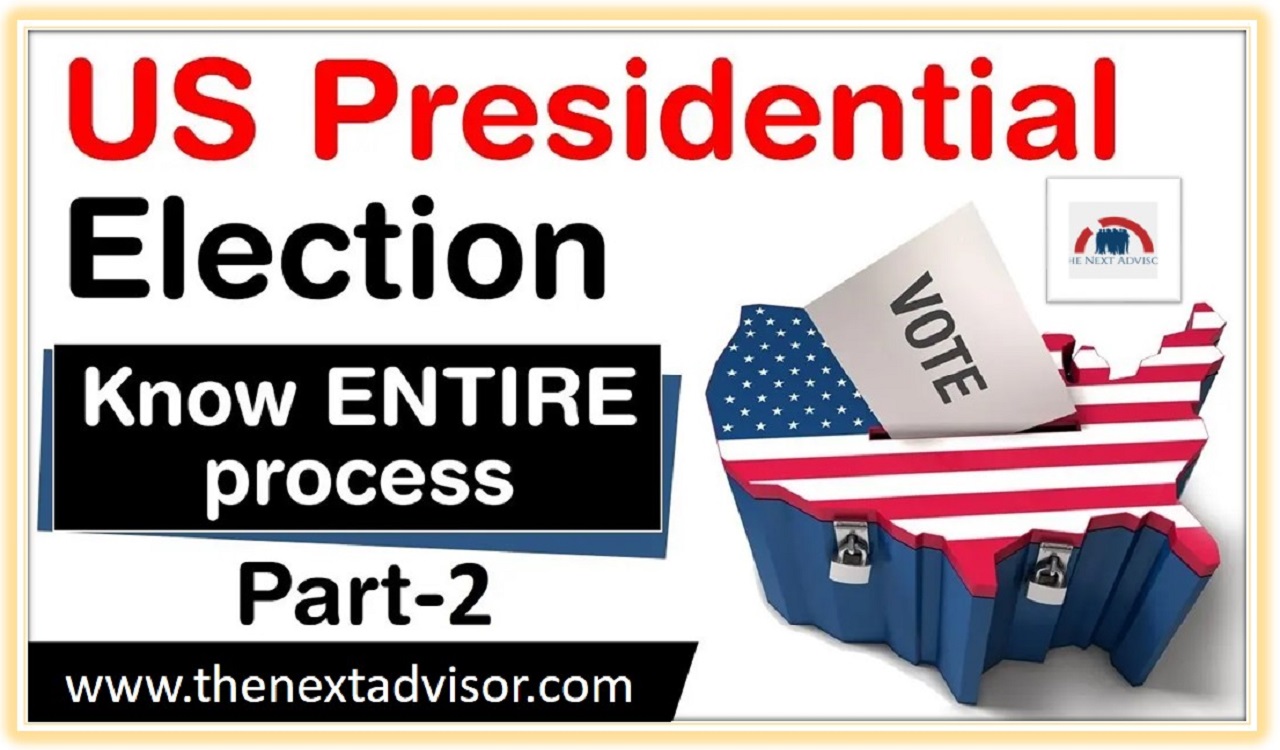US Election Part 2
Hello Friends, Today I am going to explain the US Election Part 2
Primaries and Caucuses –
The United States Constitution had never specified the process. Political parties have developed their procedures over time. Some states hold only primary elections, some hold only caucuses, and others are a combination of both. Some binding primaries are winner-take-all contests while some are promotional votes.
National Convention – A meeting where party delegates assemble to pick a presidential nominee. During the convention, there is generally a roll call of the votes. Each delegation arrouces its vote tallies. If no single candidate had secured a majority of delegates during the first vote, then a ” brokered convention” results. All pledged delegates are then ” released” and can switch their allegiance to different candidates with democrats there is also a concept of Super delegates.
General Election – The voters are required to vote on a ballot where they select the candidate of their choice. The presidential ballot is a vote ” for the electors of a candidate” meaning the voter is not voting for the candidate but endorsing a slate of electors pledged to vote for a specific presidential and vice presidential candidate. Federal law specifies that all electors must be selected on the same day, which is ” the first Tuesday after the first Monday in November”.
Electoral college – Electoral college is the body of electors established by the United States Constitution, which forms every four years for the sole purpose of electing the president and vice president of the United States. Most state laws establish a winner-take-all system, wherein the ticket that wins a plurality of votes wins all of that state’s allocated electoral votes. Each state’s winning slate of electors then meets at their respective state’s capital on the first Monday after the second Wednesday in December to cast their electoral votes on separate ballots for president and vice president.
What if someone cross-votes?
The electors who do not cast their electoral votes for the person for whom they have pledged to vote are regarded as faithless voters. 32 States have laws against faithless electors, some can even replace them.
This election Schedule –
February to June 2020- Primaries and caucuses. May to August 2020- Nominating conventions. Sept to Oct 2020- Presidential election debates. Tuesday, November 3, 2020 – Election Day. December 14, 2020- electors cast their electoral votes. January 6, 2021- Congress counts and certifies the electoral votes.

























